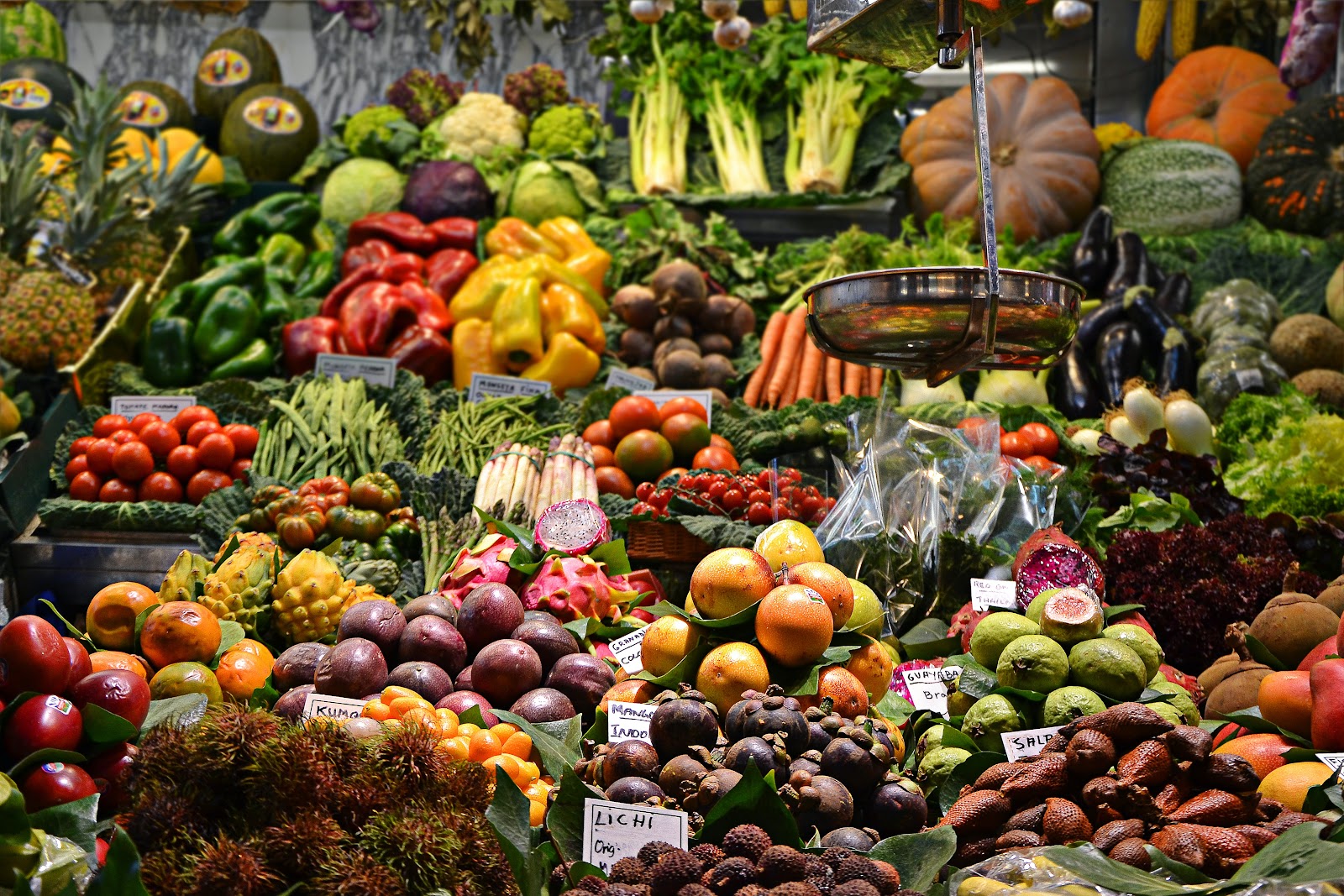How to eat healthy and save money on groceries

A few minutes every morning is all you need.
Stay up to date on the world's Headlines and Human Stories. It's fun, it's factual, it's fluff-free.
Healthy eating is one of the musts of living a healthy lifestyle. Millennials should understand the importance of healthy eating to prevent chronic health issues like diabetes and lower insurance costs. Eating healthy helps boost energy, enhance longevity and manage weight.
Eating healthy and managing weight also helps lower the risk of chronic diseases like heart disease and diabetes. Chronic conditions can make it more difficult or costly to obtain life insurance. You can find term insurance for a diabetic person, but it may be more costly and requires management of the symptoms of diabetes.
The good news is that eating healthy does not have to break the bank. You can choose healthy options within each food group that will also help you save money on groceries. Plus, a healthy daily routine will improve your overall quality of life.
Save money on groceries and eat healthy within each food group
It is important to have a strategy for healthy eating and to save money on groceries before you go shopping. Shopping along the perimeter is the best way to get your fruits, vegetables, lean protein, low-fat or fat-free dairy or whole grains. Shop the aisles for other whole-grain options, beans, nuts, seeds and some lean protein options.
Grains
The healthiest grains are whole grains. Whole grains are less processed and retain more of the nutrition in the grain kernel. Whole grains include oats, brown rice, quinoa, 100 percent whole-grain bread, whole-grain cereals, whole-grain tortillas and whole-grain pasta.
Some whole grains may be more expensive than their processed grain counterparts but are still relatively inexpensive overall. Brown rice, oats and quinoa are usually reasonably priced whole grains.
Try to limit processed white grains like sugary cereals, white bread, cookies and crackers. Many of these foods may be cheap but are lacking in nutrition. Cookies and crackers may also have added saturated or trans fat, which is not good for heart health.
Fruits
The most inexpensive fruits are those that are in season. Bananas are almost always inexpensive. Apples, oranges, berries and grapes are cheaper and tastiest when they are in season. You can find out which fruits are in season in your area online.
When fruits are not in season, too expensive or the quality is not great, then reach for frozen fruits. Frozen berries are considered a superfood and taste great in a smoothie or when added to oatmeal.
Fresh and frozen fruits are your healthiest options. Canned fruit can be healthy when it has been canned in juice or water, but limit canned fruit in sugar.
Dried fruit is high in sugar and calories and not the most nutrient-rich option. Fruit juice has been processed and retains very little nutritional value compared to the whole fruit.

Vegetables
As with fruits, the healthiest vegetables are those that are fresh or frozen. Colorful fruits and vegetables should make up half of your plate at every meal. Those that are in season will be the most reasonably priced and will also taste great.
You will also pay extra for vegetables that have already been prepped to eat. For example, a head of lettuce or a bunch of spinach will always be cheaper than a bagged salad.
It is a myth that frozen vegetables are less nutritious than fresh vegetables. Frozen vegetables have been frozen at peak quality, so they retain a lot of nutrients and are very convenient. It is a great time to stock up when frozen vegetables are on sale. Just make sure they have no added salt and you are good to go.
Canned vegetables can be healthy too, but choose the low sodium or no-salt-added options. Salt is added as a preservative to canned vegetables, so that’s the main thing you have to watch for.
Dairy
Low-fat and fat-free dairy products are your best bets from the dairy group. Plant-based milks can also be an alternative and can be similar nutritionally, but they are usually more expensive and lack the protein and a few other vitamins and minerals that cow’s milk contains.
Low-fat or fat-free yogurt and Greek yogurt are high in nutrients, including vitamins, minerals and probiotics. Yogurt is great for breakfast or a quick snack.
Cheese is also nutritious, but can be higher in fat and sometimes costly. Cottage cheese is high in nutrients and is usually reasonably priced.

Protein
Meat can be the biggest part of a food budget. Try to purchase lean protein options like chicken, turkey, pork and lean beef on sale. Beef with less marbling will be less expensive and lower in fat.
Seafood and fish can be expensive, so purchase these options on sale as well. Canned tuna is a healthy, inexpensive and convenient option.
Eggs are a low cost and healthy protein option. So are beans, nuts and seeds. Tofu and tempeh are two soy-based protein products that are full of nutrients and inexpensive. They take on the flavor of the sauce you use so they are great for stir fry or sauteing. Tempeh has a nutty flavor that can also be roasted or baked.
Other tips to save money on groceries
With a little planning, it can be easy to save money at the grocery store. This might take you 10 or 15 minutes of extra time but can save you hundreds of dollars over the course of a year.
Use the store advertisement
Before you hit the grocery store or supermarket, use the store advertisement to your advantage. Plan your weekly meals around sale items. For example, if chicken is on sale, then plan a few meals using chicken.
If you want to save time, cook the chicken once and use it in multiple meals. You can season it prior to heating it up for different tastes in each meal. Or cook on Sunday and prep your lunches and dinner for the next few days.
Make a list
Use recipes to plan your meals for the week and make a list before you go. Try to stick to the list unless you find good bargains for healthy foods while shopping. This will also make your trip more efficient because you will waste less time walking around aimlessly at the grocery store.
Be quick and efficient
There is research to show that the more time you spend in the store, the more money you spend. If you have a good plan and a list, you can spend less time at the store and use that time to do other activities you enjoy.
Shop smart and stay healthy
These tips will help you stay on budget while getting nutritious foods for your healthy snacks and meals. It can be easy to shop smart, stay healthy and boost energy levels for fun, family and work.
This article was written by Melissa Morris, who writes for the life insurance comparison site, QuickQuote.com. She has a Master of Science in exercise science, is an ACSM certified exercise physiologist and an ISSN certified sports nutritionist.
Have a story to share? Get in touch at contributors@themilsource.com




Comments ()